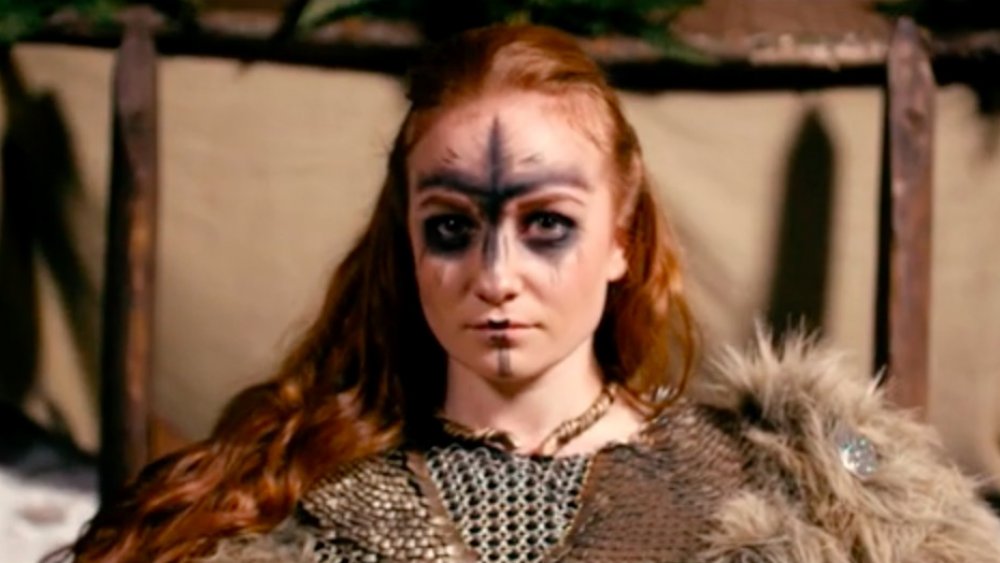

Cahill argues, had it not been for those wild men in a faraway land that had never fallen under Roman rule and had never heard of Augustine: Ireland. With his triumph in the Roman world, the spirit of classical civilization was defeated, and

"Augustine, father of many firsts, is also father of the Inquisition," Mr. In the end, he settled on a rigid doctrine. Cahill uses Augustine as a lens for viewing the great question he poses early on: "What was lost when the Roman Empire fell?" Augustine was a man whose blood boiled, who felt life in a way utterly foreign to the calculating Ausonius. Augustine of history, whose remarkable codification of the early Christian orthodoxy made him "almost the last great classical man - and very nearly the first medieval man." Contrasting with him isĪugustine of Hippo, the St. The poet and professor Ausonius, who lived in Bordeaux in the fourth century, is his representative of Rome's slide into emptiness and decay. Cahill's technique in this is to focus on some figure who marks the era. Cahill's book strikes some Gibbonesque themes, especially that of spiritual decay, the gradual loss of vigor, the onset of a static, effete, imitative and self-satisfied Roman world. Whileįar from Gibbonesque in scope or tone, Mr. Provides a personal and selective appreciation of the great events and the dramatis personae of the period when the Roman Empire ended and the Dark Ages began, beginning with an account of the reasons for the fall of Rome itself. Cahill says, has unfairly portrayed the Irish as wild, not civilized. "How the Irish Saved Civilization" begins with a mission: to correct the standard history of European civilization, which, Mr. And even when his conclusions are not entirely persuasive - they do in places hang on rather slender reeds of evidence - they are always plausible and certainly interesting. Cahill is a man of learning himself, and his writing is in the great Irish tradition he describes: lyrical, playful, penetrating and serious,īut never too serious. The founder of the Cahill & Company Catalogue and the director of religious publishing at Doubleday, Mr. Cahill concludes with typically wry unabashedness, "is how the Irish saved civilization." And once they were Christianized, the Irish founded the monastic movement, copying the books being destroyed elsewhere by Germanic invaders, eventually bringing them back to the places Patrick, however, provided "a living alternative." He was a serene man who slept well without drink, a man "in whom the sharp fear of death has been smoothed away." The Christianity he proposed to the Irish succeeded because it tookĪway the dread from the magical world that was Ireland. Of their world so acute that they drank themselves into an insensate stupor in order to sleep. The Ireland of the early fifth century was a brooding, dank island whose inhabitants, while carefree and warlike on the outside, lived in "quaking fear" within, their terror of shape-changing monsters, of sudden death and the insubstantiality Cahill's theory about him goes something like this: His name was originally Patricius, but he came to be known to later generations as St. The Patrick in question was a former Celtic slave brought to Ireland from Roman-era Britain. The phrase, wry and pithy at the same time, is as good a way as any of suggesting Mr. Glory" when, according to our author, the Irish saved classical civilization after the fall of the Roman Empire. The Untold Story of Ireland's Heroic Role From the Fall of Rome to the Rise of Medieval EuropeĪtrick slept soundly and soberly," says Thomas Cahill in this charming and poetic disquisition, which describes what he calls Ireland's "one moment of unblemished Who Saved Civilization? The Irish, That's Who!ĪpWho Saved Civilization? The Irish, That's Who! By RICHARD BERNSTEIN Books of the Times


 0 kommentar(er)
0 kommentar(er)
